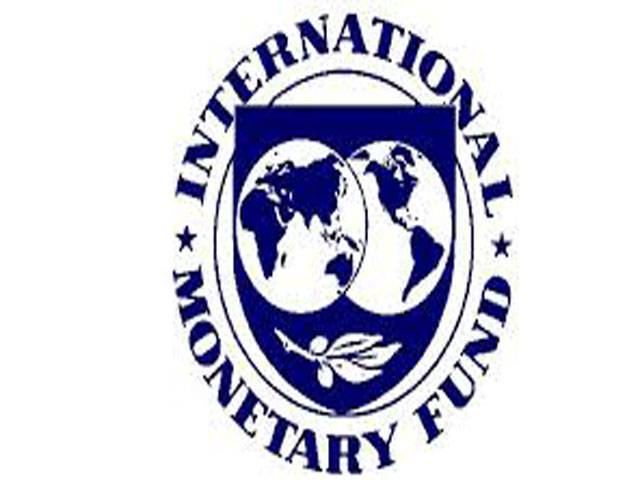The Americans have no idea how to make these institutions into operating international concerns, . . . and in almost every direction their ideas are bad. Yet they plainly intend to force their own conceptions on the rest of us. The result is that the institutions look like becoming American concerns, run by gigantic American staffs, with the rest of us very much on the side-lines.”
–John Maynard Keynes – 1883-1946.
The International Monetary Fund (IMF) and World Bank (WB) were founded in 1945 as the financial arms of the United Nations. In order to capitalise on the bipolar power-structure that had established itself after the Second World War, the proposition of a new economic order was led by Britain and the US. John Keynes, who headed the British delegation at the Bretton Woods Conference where the idea of these two institutions was finalised, despite agreeing with the formulation, held some reservations regarding the potential for US domination. Almost after seventy subsequent years, Keynes’ concerns stand as relevant as ever.
The IMF has evolved into an institution that is soaked in western influence, with the US controlling seventeen percent of the voting power. The institution, not constrained by any sort of checks and balances, is openly criticised for inducing debt-cycles in third-world countries while imposing conditions that subdue human development. Pakistan, with its external debt of 72.9 billion dollars, is one of the victims of this intangible imperialism.






